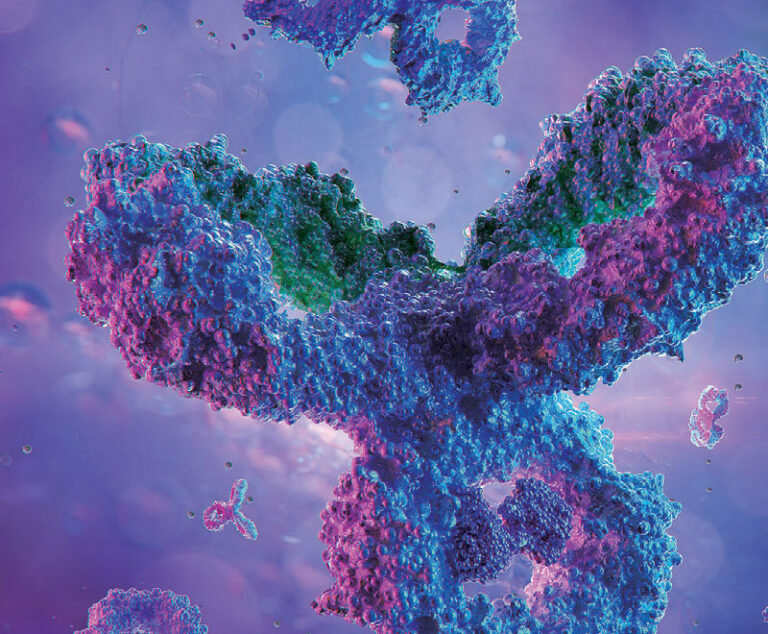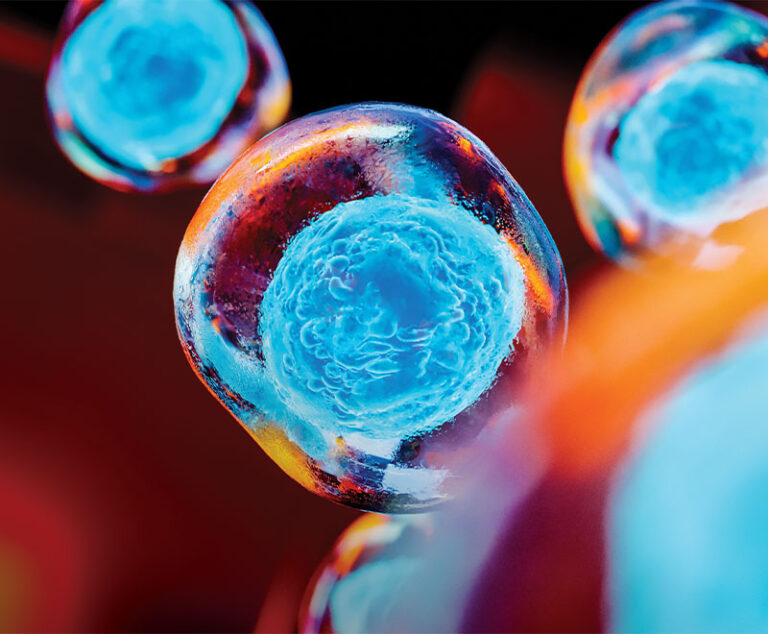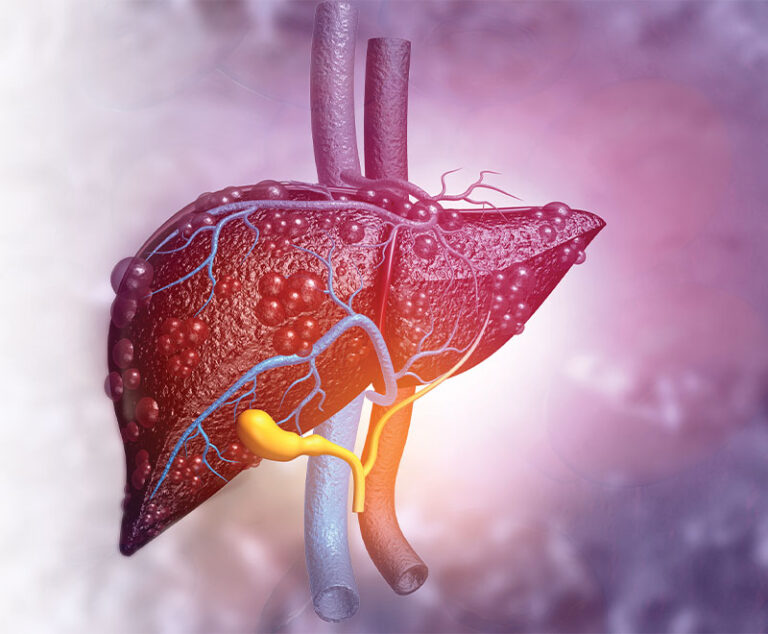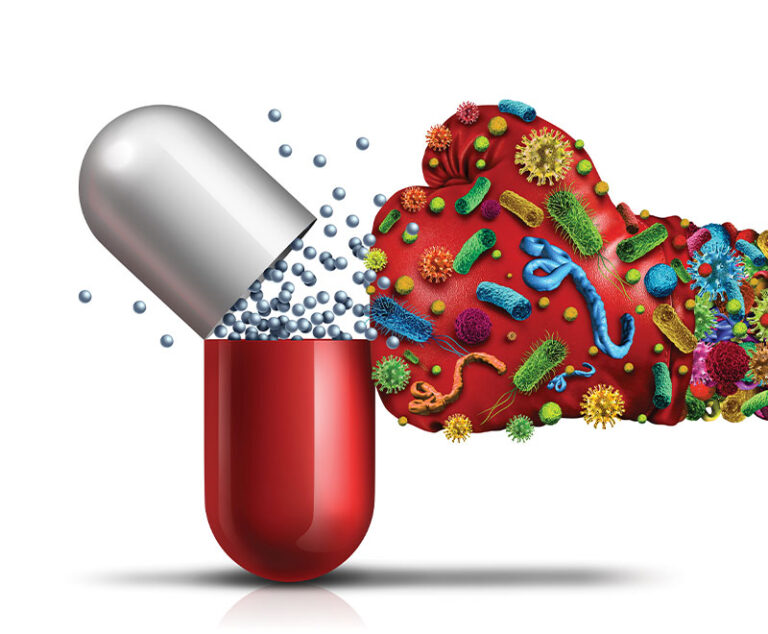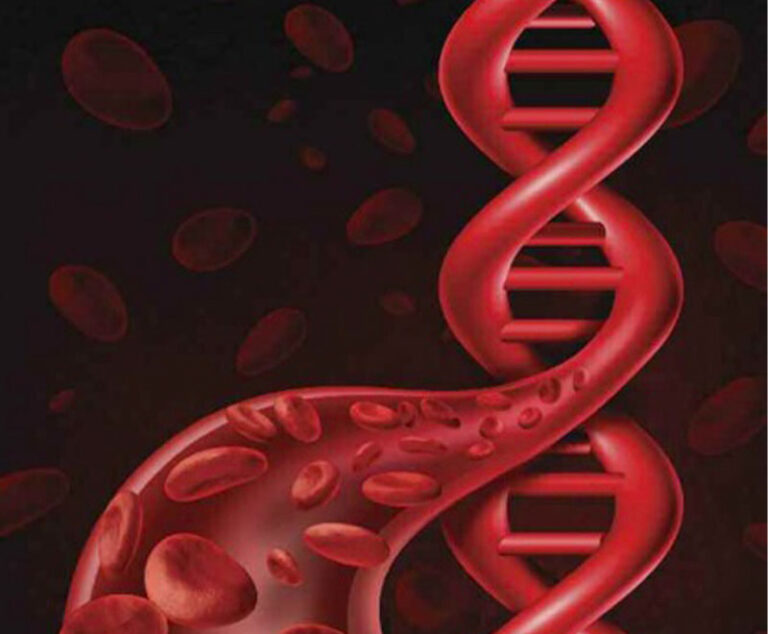Industry Insight
Information, Observation & Analysis
Therapeutics Articles
While there may be no “magic bullet” to treat cytokine storm, one widely used immunomodulatory agent in particular — polyclonal intravenous immune globulin (IVIG) purified from healthy donor plasma — is distinguished by the simple fact that it is anything but a narrowly targeted treatment.
As of this writing, NIAID and industry collaborators are also finalizing the design of a large-scale trial to assess whether COVID-Ig can reduce the rate of hospitalization and other medical encounters in earlier-stage COVID-19 patients exhibiting mild to moderate symptoms.
Studies shed light on whether high-dose intravenous immune globulin, convalescent plasma and hyperimmune globulin will be effective therapeutic options for the novel coronavirus.
Optimism continues to grow about the use of stem cells in regenerative medicine highlighted by hundreds of successful clinical trials.
Findings suggest CSL112 can boost cholesterol efflux capacity in patients with impaired endogenous HDL function. Encouragingly, several studies have documented its ability to reduce atherosclerotic plaque volume.
Using nutrition to benefit health through the care and feeding of genes, though still in its infancy, is an exciting field of study seeing exponential growth.
A growing body of evidence suggests known pharmacologic properties of human albumin may contribute to reducing the risk of a range of cirrhosis complications, including bacterial sepsis, irreversible renal injury and death.
A host of programs continue to be implemented in the United States and globally to address antibiotic-resistant illnesses.
Can marijuana be used as an adjunct to or substitute for opioids in the treatment of chronic pain
to potentially alleviate the opioid crisis?
Once thought to be a useless byproduct, umbilical cord blood now treats more than 80 diseases, and it may soon be used to treat more.
Potentially curative gene therapy is in the works for hemophilia.
Hereditary angioedema is a rare genetic disease for which replacement therapy provides safe and highly effective treatment.

